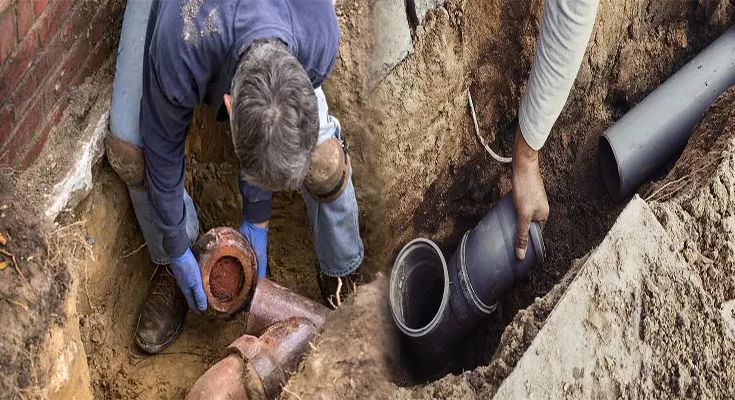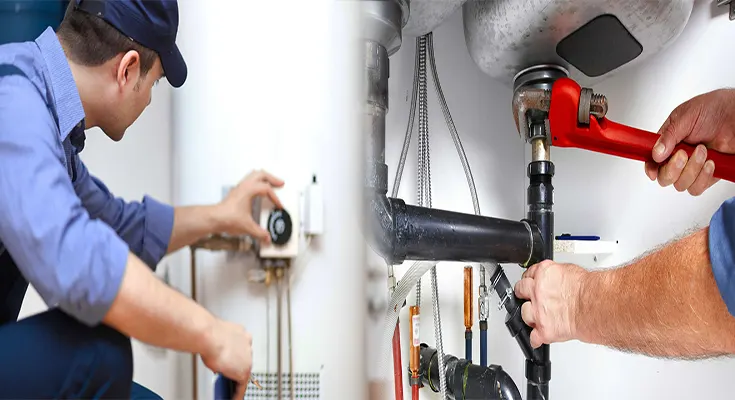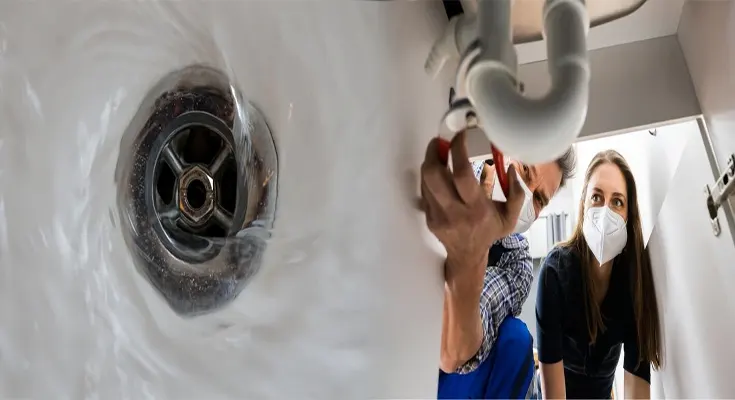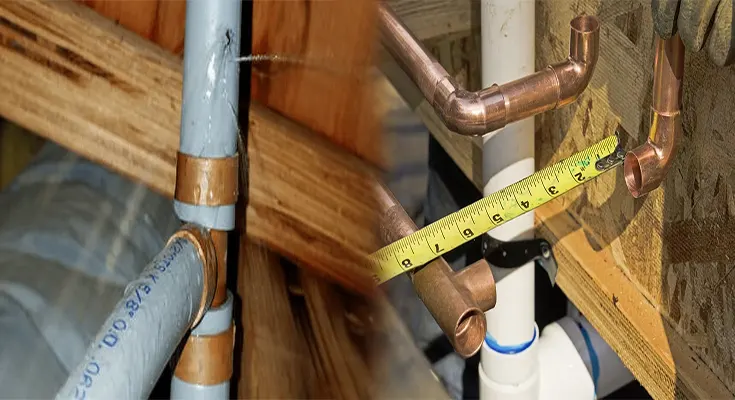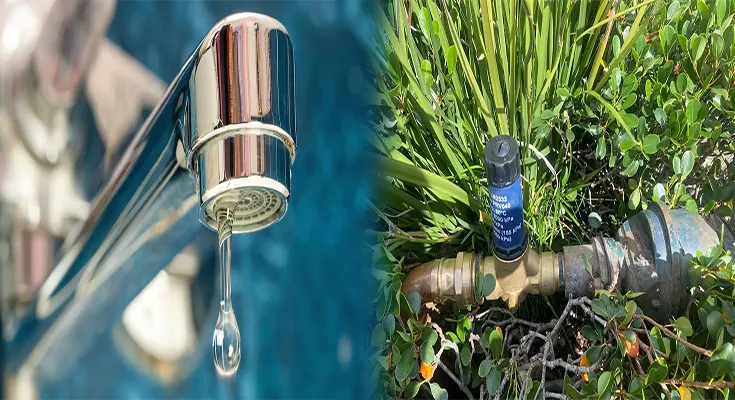
Eco-Friendly Plumbing Solutions for Low Water Pressure
Dealing with low water pressure in your home can be frustrating, but there are eco-friendly plumbing solutions that can help improve the situation without compromising on sustainability. By addressing low water pressure with environmentally conscious methods, you can conserve water and reduce your carbon footprint. Here are some eco-friendly plumbing solutions to tackle low water pressure effectively.
1. Install Water-Saving Fixtures
One of the most effective ways to address low water pressure while reducing water usage is by installing water-saving fixtures. Low-flow showerheads, faucets, and aerators are designed to deliver adequate water pressure while using significantly less water compared to traditional fixtures. These fixtures are not only eco-friendly but can also help you save on water bills.
2. Check for Leaks
Water leaks can contribute to low water pressure and waste a significant amount of water. Conduct a thorough inspection of your plumbing system to identify and repair any leaks. Fixing leaks promptly not only helps in conserving water but also improves overall water pressure by ensuring that all the water is directed to where it’s needed.
3. Consider a Water Pressure Booster
If low water pressure persists despite other efforts, consider installing a water pressure booster. This eco-friendly solution can help increase water pressure in your home without the need for excessive water consumption. Additionally, a water pressure booster can optimize the flow of water in your plumbing system, helping to conserve water by ensuring it is efficiently distributed throughout the house.
4. Optimize Water Heater Settings
Adjusting the settings on your water heater can also play a significant role in improving water pressure while promoting eco-friendliness. If the water heater temperature is set too high, it can lead to an unnecessary increase in water use. By setting the water heater to a moderate temperature, you can reduce your …
Eco-Friendly Plumbing Solutions for Low Water Pressure Read More

